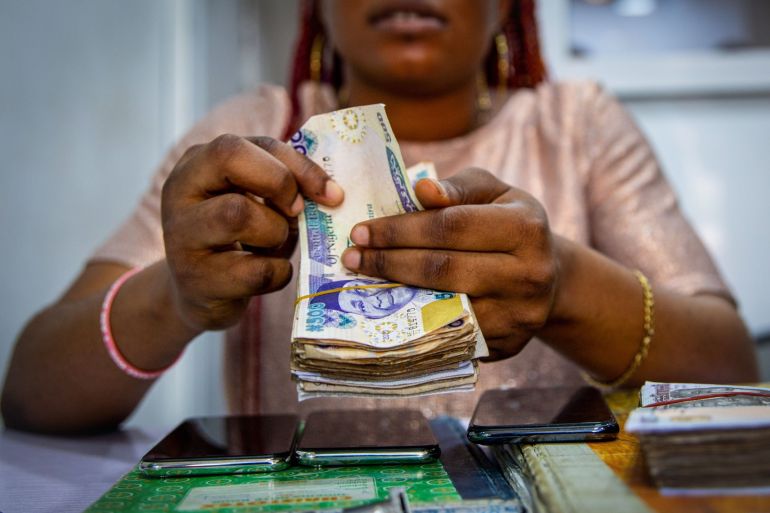Nigeria’s New Levy On Electronic Transactions Sparks Public Outrage

Nigeria’s decision to impose a 0.5% levy on electronic banking transactions has ignited a wave of criticism among its populace, with many expressing concerns over its impact on financial accessibility and economic strain.
Scheduled to come into effect on May 20, the so-called Cybersecurity Levy, mandated by the Central Bank of Nigeria (CBN) purportedly to bolster cybersecurity measures dictated by the Office of the National Security Adviser, has drawn sharp rebuke from citizens grappling with the country’s dire economic conditions.
Dr. Abdulrazaq Fagge, an economics lecturer at Yusuf Maitama University, told the BBC the move is ill-timed and detrimental to Nigeria’s already struggling economy. “No government should impose additional burdens on its citizens during such trying times,” he asserted.
Critics argue that the levy unfairly burdens ordinary citizens and undermines small businesses. Abubakar Sheka, a bread vendor, expressed his intent to revert to cash transactions to evade the levy’s imposition on his meagre earnings, the BBC reports.
The Nigeria Labour Congress and the Socio-Economic Rights and Accountability Project (Serap) have voiced opposition to the levy, with Serap threatening legal action against the government.
Habu Sani, a public affairs analyst, warned of a setback to the country’s cashless economy initiative, predicting a resurgence in cash transactions to evade the levy.
Nigeria’s transition to digital payments has faced hurdles, including limited digital infrastructure and smartphone accessibility, particularly in rural areas. The country’s digital penetration remains modest, with only about 8% of the population utilizing mobile payment services, a decline from previous years.
Featured Image Credits: Adetona Omokanye/Bloomberg